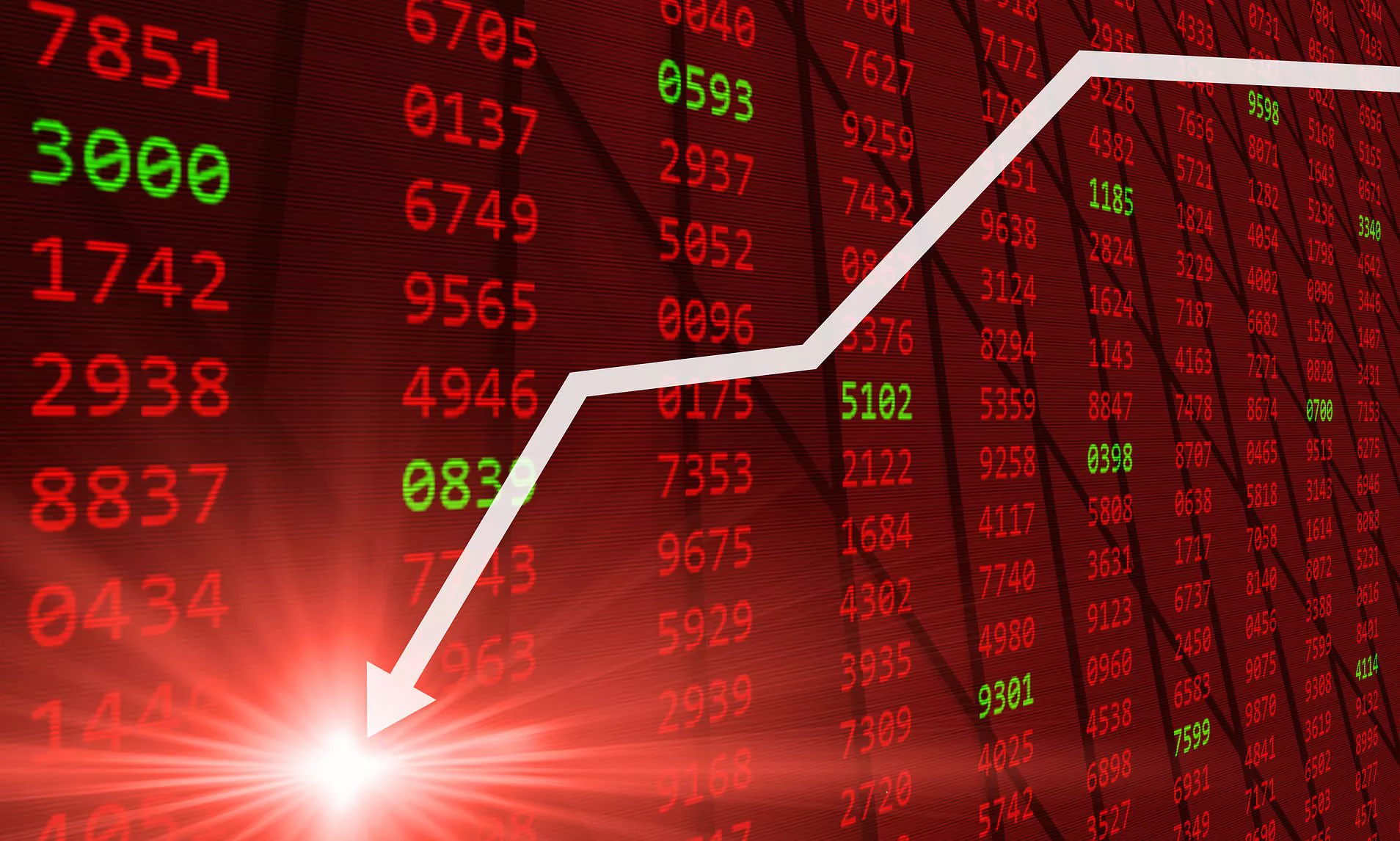In the world of investing, certain types of stocks are viewed as safer and more reliable than others, especially during times of economic downturn or market volatility. These stocks are known as defensive stocks, and they tend to perform better during periods of market stress or economic slowdowns. In this article, we will explore what defensive stocks are, how they work, why investors buy them, and what factors make them a crucial part of a diversified investment portfolio.
What Are Defensive Stocks?
Defensive stocks are shares in companies that provide essential goods or services, which consumers continue to purchase even in difficult economic times. These companies tend to be less sensitive to economic cycles and market fluctuations compared to other stocks, making them attractive to risk-averse investors. Defensive stocks often include companies in sectors such as utilities, consumer staples, healthcare, and telecommunications.
Key Characteristics of Defensive Stocks
Defensive stocks have several important features that make them stand out in the market:
Stability: These stocks tend to show less price volatility, even during market downturns.
Steady Demand: They are tied to businesses that provide essential services or products, such as food, healthcare, and energy, which people continue to need regardless of economic conditions.
Dividend Payments: Many defensive stocks are known for providing consistent and reliable dividend payments, which make them attractive to income-focused investors.
Resilience: Defensive stocks are more resilient to economic recessions or financial crises, as people do not reduce their consumption of necessities like food, healthcare, or electricity.
Types of Defensive Stocks
Defensive stocks can be broadly categorized into several sectors. Each sector has its own unique characteristics that provide stability during market downturns.
1. Consumer Staples
Consumer staples are goods that people consistently need, regardless of economic conditions. These products include food, beverages, household goods, and personal care items. Companies that produce or sell consumer staples tend to perform well even during times of economic uncertainty because demand for these products is relatively inelastic.
Examples of Consumer Staples Stocks
- Procter & Gamble (PG)
- Coca-Cola (KO)
- PepsiCo (PEP)
- Unilever (UL)
These companies produce products that people purchase regularly, even when times are tough, which helps stabilize their revenue and stock prices.
2. Healthcare
The healthcare sector is another area known for its defensive nature. Healthcare companies, including those involved in pharmaceuticals, medical devices, and health insurance, often perform well during economic downturns. People continue to require medical services and treatments, regardless of economic conditions.
Examples of Healthcare Stocks
- Johnson & Johnson (JNJ)
- Pfizer (PFE)
- Merck (MRK)
- UnitedHealth Group (UNH)
These companies provide essential healthcare products and services, and many of them also offer stable dividend yields, making them attractive to long-term investors.
3. Utilities
The utility sector consists of companies that provide essential services such as electricity, gas, and water. These services are critical to daily life, and demand for them remains relatively constant, regardless of economic conditions. As a result, utility stocks are often considered some of the safest investments, especially for those seeking stable returns.
Examples of Utility Stocks
- Duke Energy (DUK)
- NextEra Energy (NEE)
- Consolidated Edison (ED)
- Southern Company (SO)
Utilities typically provide a steady income stream through dividends, making them appealing for income-focused investors.
4. Telecommunications
Telecommunications companies provide services like mobile phone plans, internet access, and cable television. In an increasingly connected world, people are unlikely to reduce their consumption of telecommunications services during economic downturns, making these companies relatively stable investments.
Examples of Telecommunications Stocks
- AT&T (T)
- Verizon Communications (VZ)
- T-Mobile (TMUS)
- Comcast (CMCSA)
Telecom stocks can offer attractive dividend yields and are known for their steady cash flow.
5. Consumer Discretionary (Selective Defensive)
While most consumer discretionary stocks are more sensitive to economic cycles, there are certain companies in this sector that are considered defensive because their products or services remain in demand even during recessions. These companies tend to provide products or services that are viewed as affordable luxuries or necessities.
Examples of Consumer Discretionary Stocks
- Walmart (WMT)
- Costco (COST)
- Home Depot (HD)
- McDonald’s (MCD)
Though not as recession-proof as consumer staples, companies like these have a track record of steady performance during market downturns.
Why Do Investors Buy Defensive Stocks?
Investors buy defensive stocks for several reasons, particularly during times of economic uncertainty or when seeking stability within their portfolios. Here are the key motivations for purchasing defensive stocks:
1. Stability in Volatile Markets
One of the primary reasons to buy defensive stocks is their stability. During periods of market volatility, investors often look for safe havens where they can protect their capital. Defensive stocks, particularly those in essential sectors, are less likely to experience large price swings, making them a safe bet in uncertain times.
2. Dividend Income
Many defensive stocks pay regular dividends, which can be an attractive feature for income-seeking investors. Companies in sectors such as utilities, healthcare, and consumer staples often have a history of paying consistent dividends, even during recessions. For retirees or others who rely on income from their investments, defensive stocks can be a dependable source of cash flow.
3. Reduced Risk of Loss
In contrast to growth stocks, which tend to be more volatile and dependent on the overall economy for expansion, defensive stocks are more insulated from market risk. Because the companies in these sectors provide essential services or products, they are less likely to face significant revenue declines during economic slowdowns. As a result, defensive stocks tend to experience lower levels of risk and are less likely to suffer from large losses during bear markets.
4. Long-Term Investment
Defensive stocks can be an important part of a long-term investment strategy. Investors who are looking for stable, steady growth over time may find defensive stocks a useful component of their portfolio. While they may not offer the high-growth potential of technology or emerging-market stocks, defensive stocks provide reliable returns, especially in the form of dividends.
5. Hedge Against Economic Downturns
Defensive stocks serve as a hedge against economic recessions and downturns. When the economy slows, people still need to buy food, pay for healthcare, and use utilities, which helps keep the revenue of defensive companies relatively stable. As a result, defensive stocks can help offset losses in more cyclical sectors such as consumer discretionary, technology, and industrials.
Defensive Stocks vs. Growth Stocks
Defensive stocks are often compared to growth stocks, which are shares in companies expected to grow at an above-average rate compared to other companies in the market. Growth stocks tend to be more volatile and often pay little to no dividends, as the companies reinvest their earnings into expansion.
In contrast, defensive stocks are typically more established companies that generate steady profits and return a portion of those profits to shareholders through dividends. While defensive stocks may offer lower growth potential compared to growth stocks, they are more reliable in uncertain economic times.
When to Buy Defensive Stocks
Defensive stocks are particularly attractive during periods of economic uncertainty, low growth, or market volatility. Here are a few scenarios where buying defensive stocks makes sense:
1. During Economic Recessions
Recessions are characterized by widespread economic decline, high unemployment rates, and a decrease in consumer spending. Defensive stocks tend to perform better during recessions because their products and services are essential, and demand for these products remains stable.
2. In a Low-Interest-Rate Environment
When interest rates are low, defensive stocks, especially those that pay dividends, become more attractive. Investors may seek out defensive stocks as a way to generate income, as low rates make bonds and savings accounts less appealing.
3. When Seeking Portfolio Diversification
If you already have a portfolio heavily weighted in growth or cyclical stocks, adding defensive stocks can help diversify your investments. Defensive stocks can provide stability and reduce the overall risk of your portfolio, especially during times of market turbulence.
Conclusion
Defensive stocks are an essential component of a well-rounded investment strategy, offering stability and consistent returns, particularly during times of economic downturn or market volatility. These stocks are typically found in sectors like consumer staples, healthcare, utilities, and telecommunications, all of which provide essential goods and services that people continue to purchase, regardless of economic conditions.
By including defensive stocks in their portfolios, investors can reduce risk, generate steady dividend income, and ensure long-term stability. While defensive stocks may not offer the same growth potential as riskier, high-growth investments, they are a valuable tool for preserving capital and providing peace of mind in uncertain times.
Related topics:



































